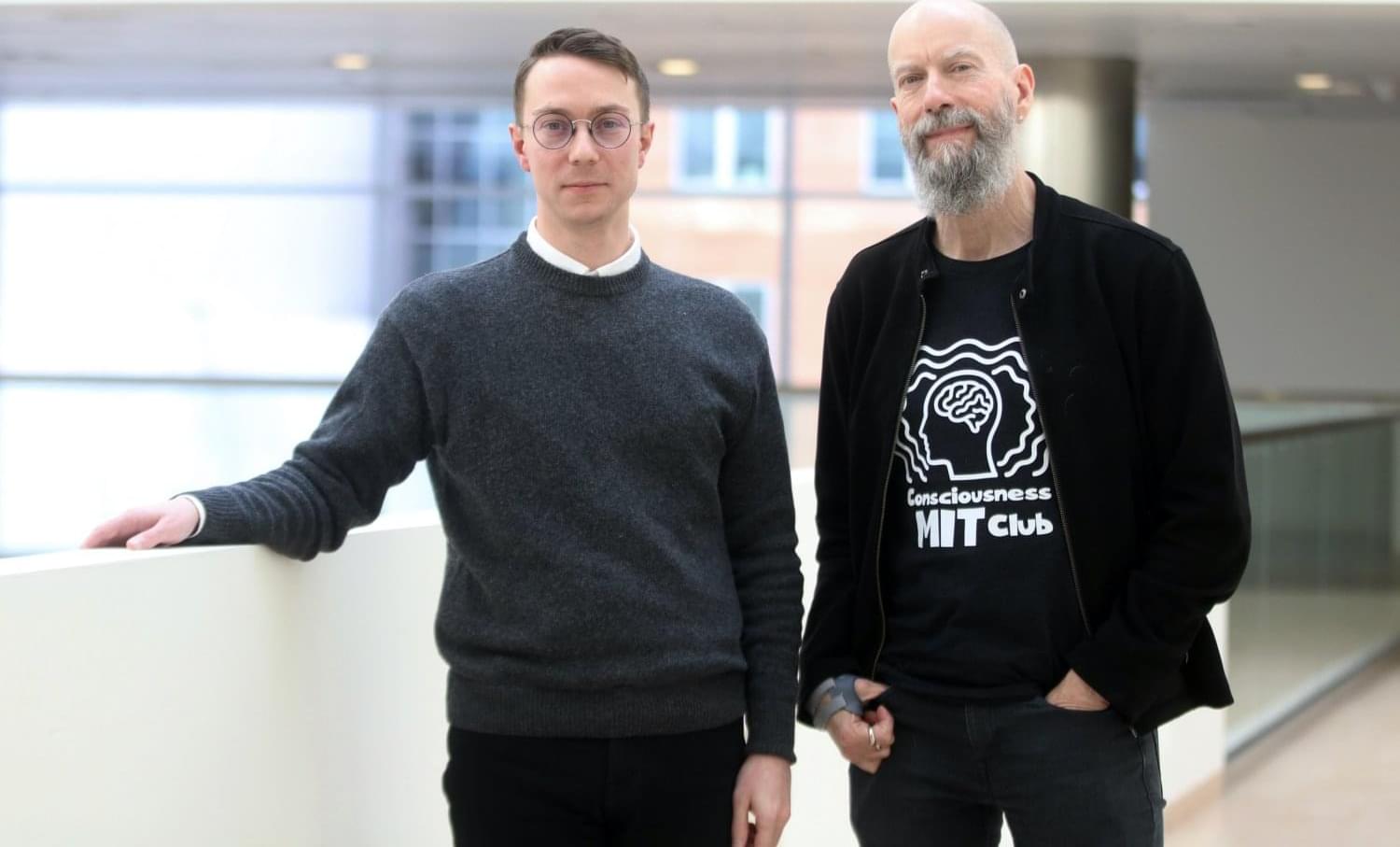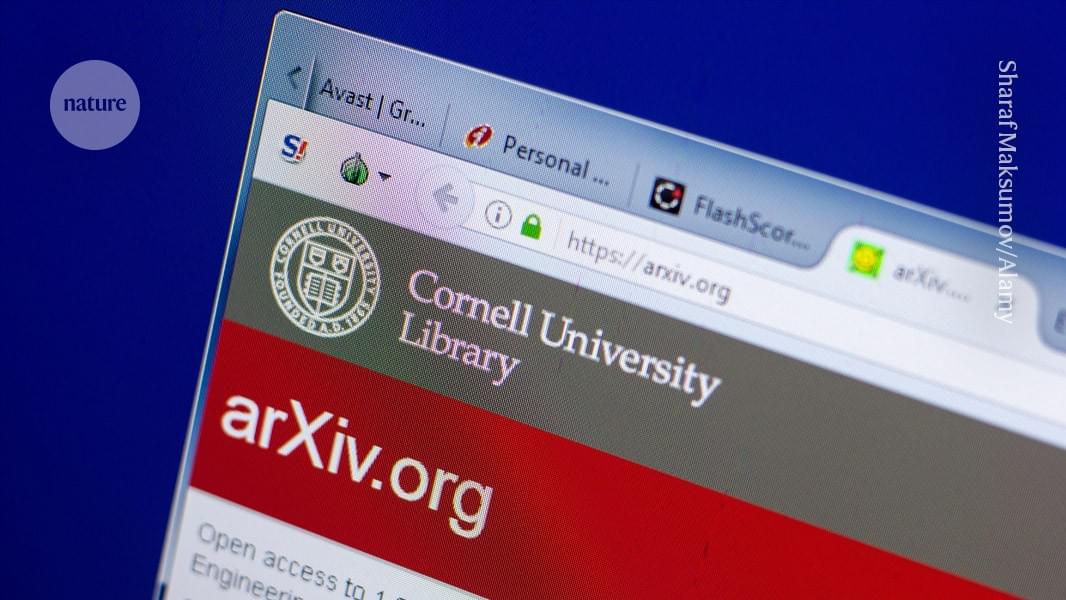Humans know they exist, but how does “knowing” work? Despite all that’s been learned about brain function and the bodily processes it governs, we still don’t understand where the subjective experiences associated with brain functions originate.
A new interdisciplinary project seeks to find answers to these kinds of big questions around consciousness, a fundamental yet elusive phenomenon.
The MIT Consciousness Club is co-led by philosopher Matthias Michel, the Old Dominion Career Development Professor in the Department of Linguistics and Philosophy, and Earl Miller, the Picower Professor of Neuroscience in the Department of Brain and Cognitive Sciences.







